Climate and Ag in the news
-
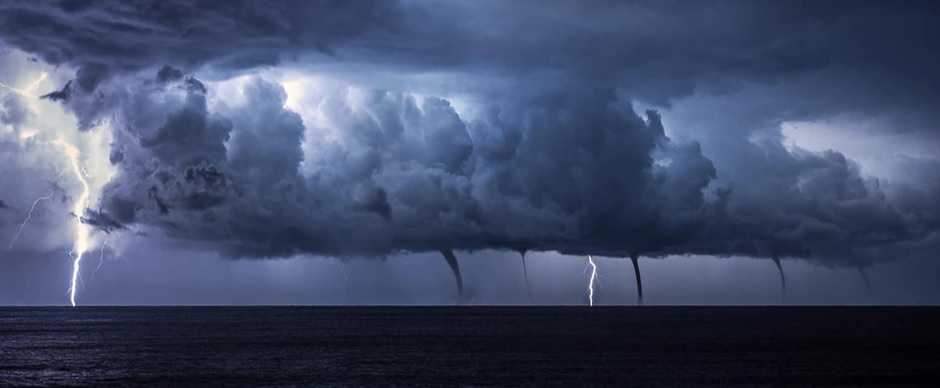
Do you love to look at amazing photos of weather events? I do! Here is an article from Science Focus that discusses a new book published by the Royal Meteorological Society that includes photos from the last five years of their weather photo contest. The twelve photos here are a fantastic compilation of just a…
-

Those of you who inhale weather like I do might be interested in this new weather channel that is coming online this month from Fox. I generally don’t watch television weather, since I get most of what I need from the web. But you might enjoy a different take on the weather than The Weather…
Posted in: Climate and Ag in the news -
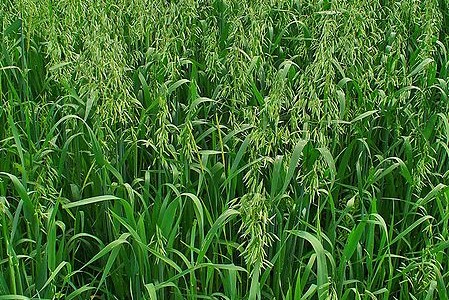
Talking about climate-smart agriculture is something that is common in the news today, but that phrase has not been around for long. Here is an interesting short article about where it started and what climate-smart agriculture means, from the USDA Northeast Climate Hub. They also provide links to a variety of resources, including this UN…
Posted in: Climate and Ag in the news -
Popular Science: ‘Fugitive dust’ seems to have caused last summer’s salmonella outbreak from peaches
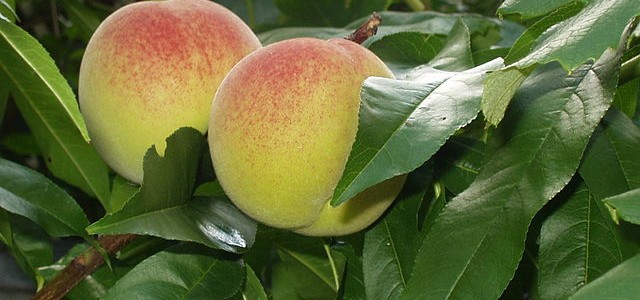
I just ran across this June 2021 story from Popular Science on the impacts of wind on tainted peaches. An outbreak of salmonella on California peaches came up with a surprising source of the contamination–dust from nearby chicken and cattle farms. Fortunately, in this case no one died although 28 people were hospitalized. But it…
-
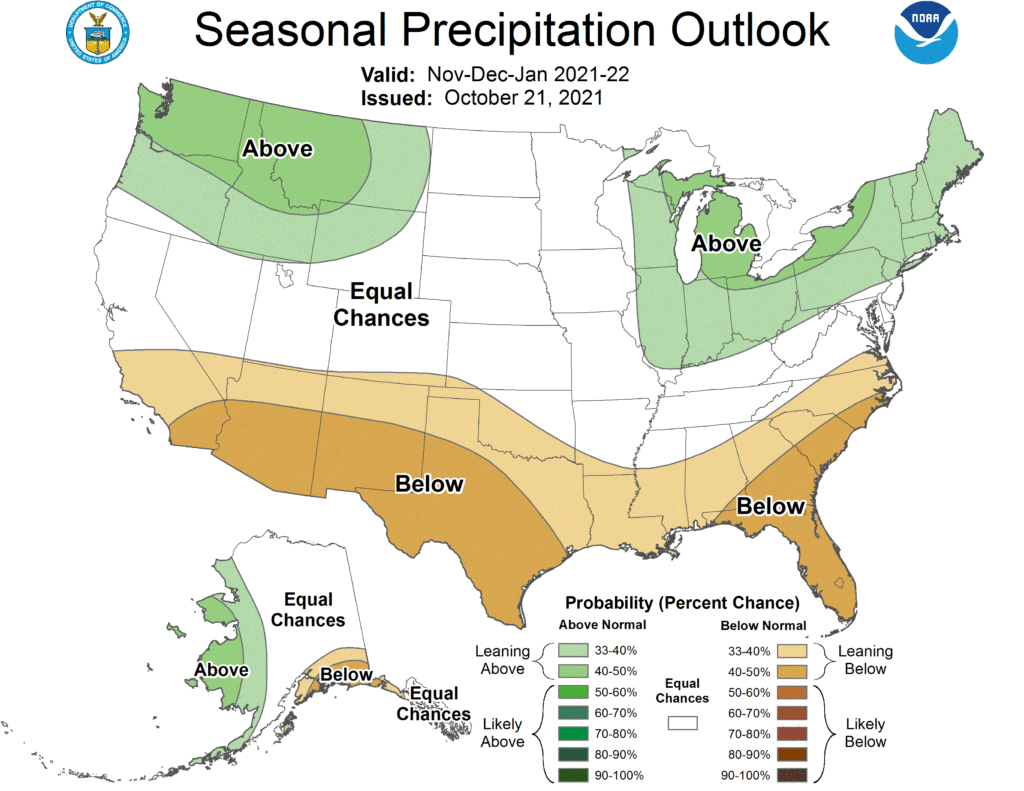
With the recent declaration of a La Niña, producers are looking for advice about what to plan for in the coming months. Here is a good story from Southeast Farm Press describing some of the considerations that farmers should keep in mind now that we know a La Niña is occurring. It quotes Dr. Brenda…
-
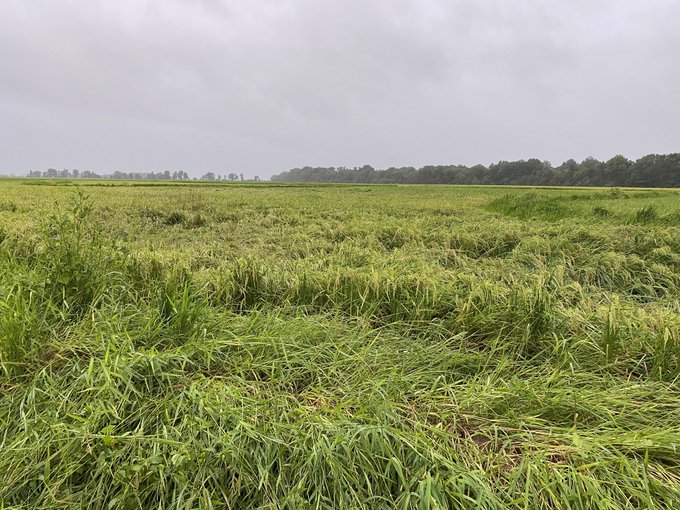
If you’ve followed the tropics for the past few years, you know how many recent hurricanes and tropical storms have hit the Louisiana coast. The agricultural devastation has been sobering. Here is a long story from AgWeb about a farm couple who live and work about 20 miles from the coast in Louisiana and how…
-

As drought has become more of a way of life in the western US, wise use of limited water has become increasingly important. Water tables have dropped dramatically in some areas because of heavy pumping of groundwater for irrigation. But it is not always possible to get documentation of exactly how much is being used.…